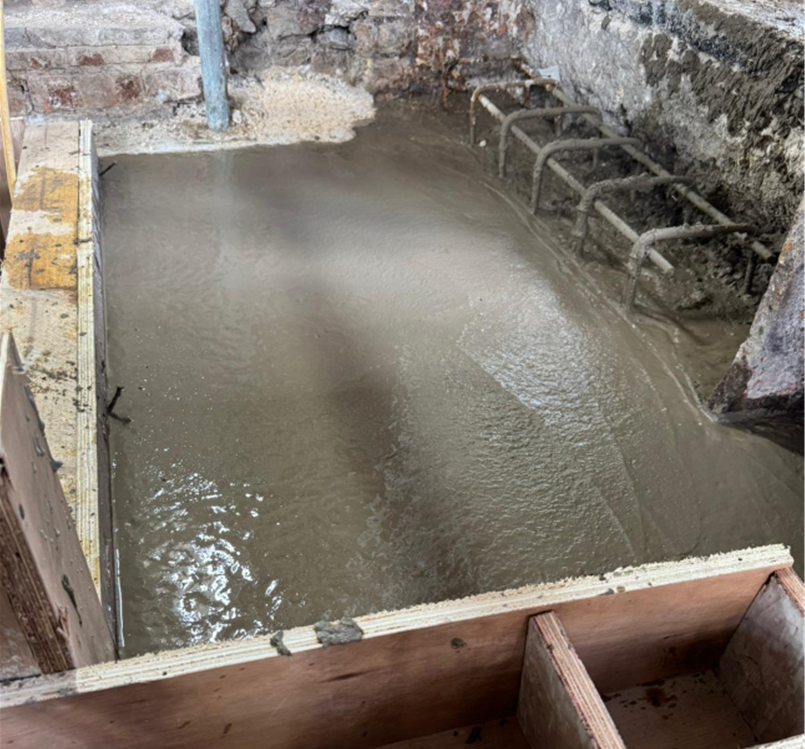
Novel concrete mixes at the Museum of London
Construction Index 5 months ago

layersDaily Sustainability Digest
Published about 11 hours ago
The construction sector is entering a phase where ambition on decarbonisation aligns with measurable progress toward environmental sustainability in construction. Tools enabling whole life carbon assessment in line with PAS 2080 are becoming standard practice, allowing verifiable data on embodied carbon and energy performance to underpin project delivery. Contractors able to prove reductions in the carbon footprint of construction through robust measurement frameworks will lead as clients demand tangible evidence rather than aspirational statements.
Show MorearticleFeatured News

Greenpeace Vows to Fight $345mn Verdict in Dakota Pipeline Suit
2 hours ago

Are Wildfires Coming to the Eastern US?
5 hours ago

Mars launches new $85m impact fund
5 hours ago

'Decision paralysis': EU must mobilise CCUS projects now or risk missing climate targets
5 hours ago

'No longer fit for purpose': Investor group urges GHG Protocol to revamp Scope 2 guidance
5 hours ago

‘Made In Europe’ Plan Could Upend EU Reset - British Chambers of Commerce
7 hours ago
play_circleFeatured Videos

$35 Billion Could Save 4.2 Million Lives Every Year
4 days ago

The hidden drivers enabling the circular economy
6 days ago

How a Mechanical Battery Could Prevent Deadly Blackouts
13 days ago

Circular Snapshots: Competitiveness, critical minerals & textiles EPR
13 days ago

Improving efficiency, safety and carbon performance using modern methods of construction
17 days ago

What This Aluminum‑Ion Breakthrough Means for You
20 days ago
podcastsFeatured Podcasts
![[192] – AI, the internet, and the environmental impacts, with Tam Hussey](img/whole-life-carbon.jpg)
[192] – AI, the internet, and the environmental impacts, with Tam Hussey
3 days ago

Ocean Explorers
3 days ago

Theresa Lehman Returns: Net-Zero Schools, LEED v5 & Greening the Midwest.
5 days ago

SPILL THE (GREEN) TEA: How to talk about sustainability without getting called out
5 days ago

The hidden drivers enabling the circular economy
6 days ago

5 ADA Trouble Spots You Can’t Ignore: ICYMI
6 days ago
Get your opinion heard:
Whole Life Carbon is a platform for the entire construction industry—both in the UK and internationally. We track the latest publications, debates, and events related to whole life guidance and sustainability. If you have any enquiries or opinions to share, please do get in touch.
WLC Assistant
Ask me about sustainability











